100% created in El Salvador
El Salvador is a tiny country in Central America that is frequently overlooked. On the other side of the world, not that many people know we exist. In case this is your first time hearing about us, people from El Salvador are Salvadoran.
Some of the things I’ve heard whenever I tell people I’m from El Salvador.
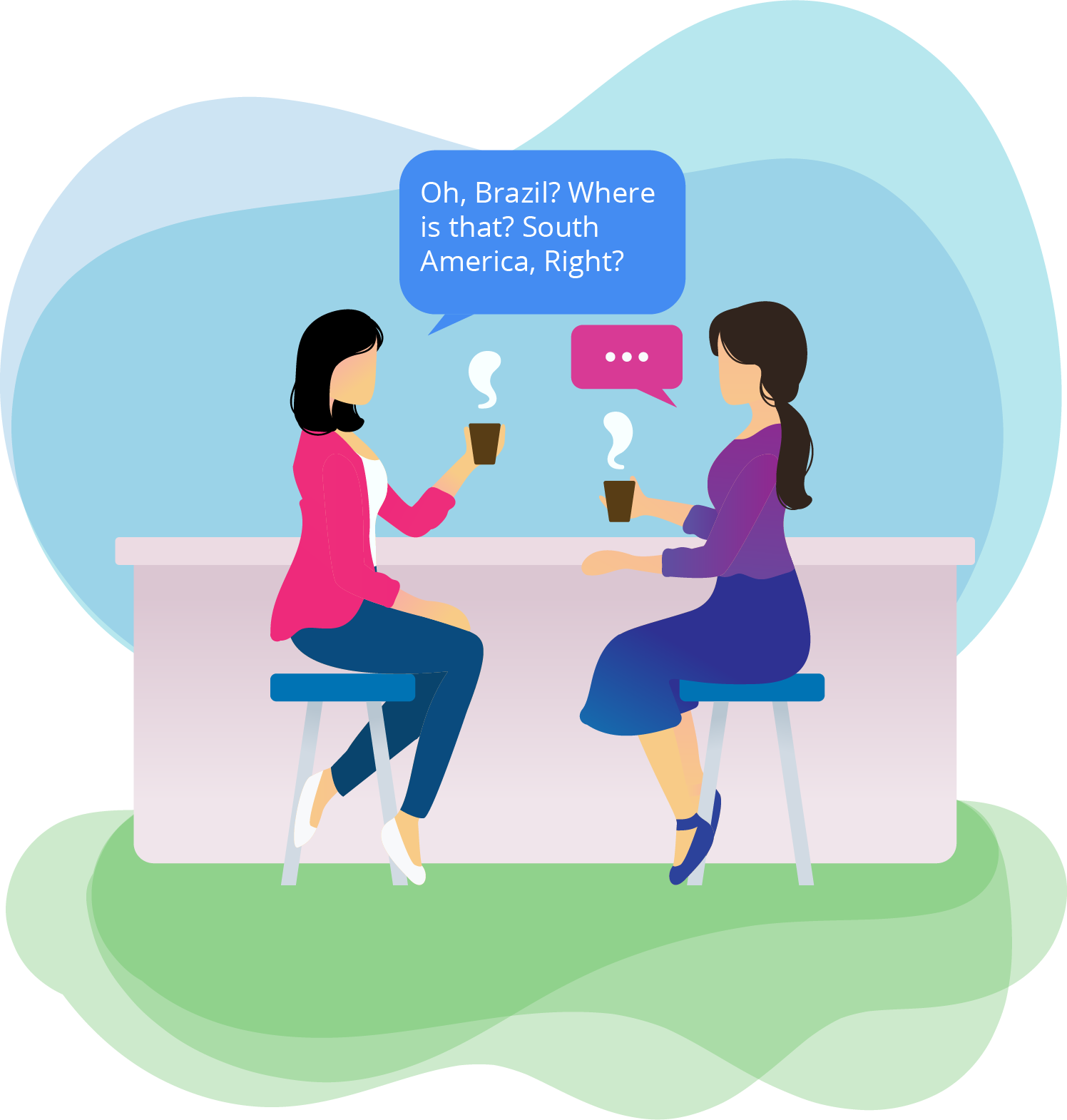
To everyone out there, El Salvador is the tiniest but most densely populated of the seven Central American countries.
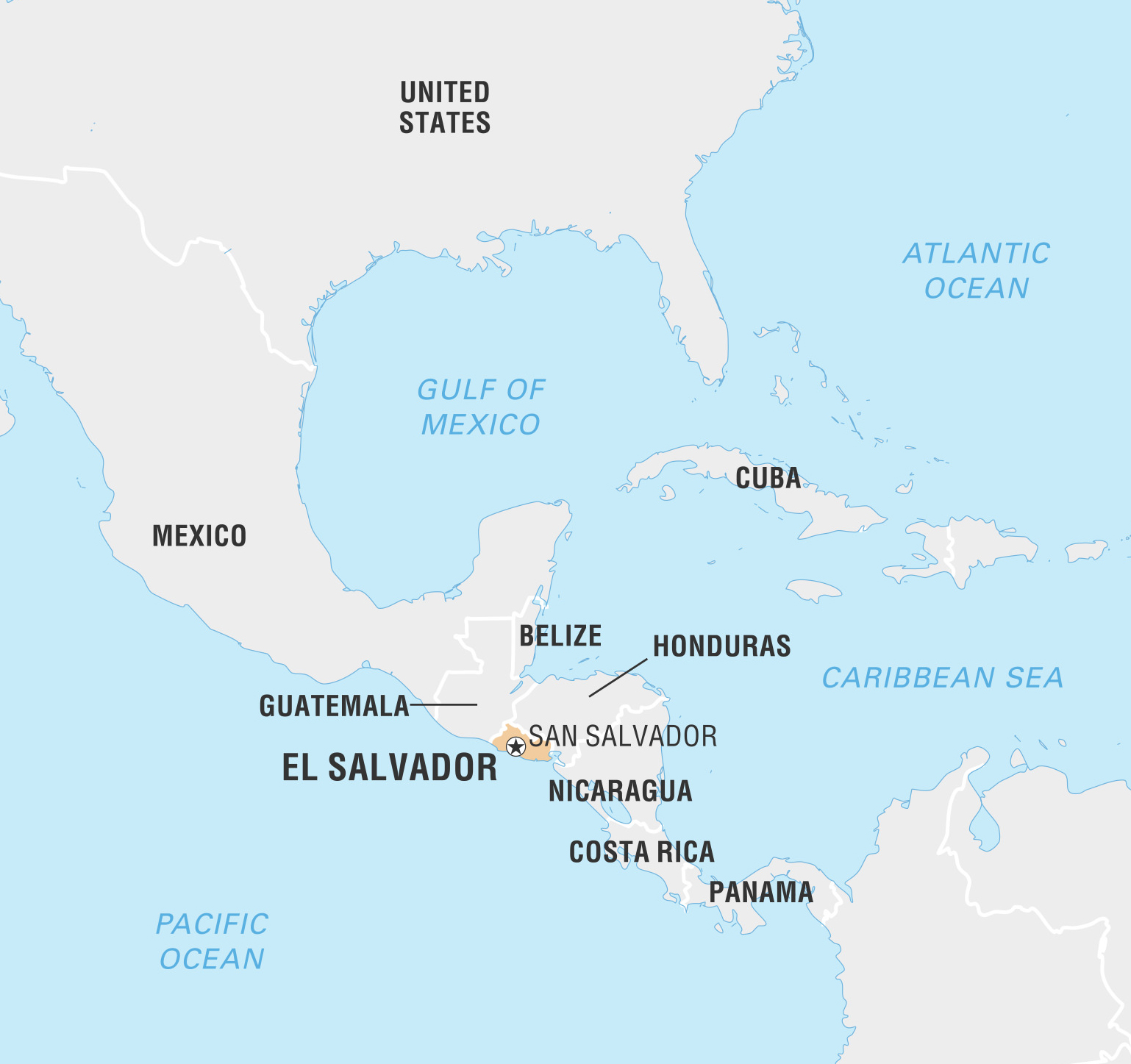
Unfortunately, we are known for being one of the most dangerous countries in the world, and there is much bad news traveling out there about El Salvador. As someone who has lived here for 26 years, I can honestly say I don’t feel like I live in the most dangerous place in the world.
We have fantastic weather all year long, friendly and welcoming people, world-renowned coffee, delicious food, hidden, hot spots, and high surf. Tropical vibes all year long, my friends! If all that doesn’t sound like paradise to you, here are some facts that’ll make you want to visit El Salvador and realize what you’re missing out on.
Besides all those known facts about our country, there are some things that only locals and real connoisseurs know about El Salvador. We’re going to give you a taste of El Salvador with these 12 Salvadoran products and brands every person traveling to El Salvador should know. After reading this and if you ever decide to pay a visit, you’ll pass as a local. I’ve divided these products into twelve categories that go from fruits and vegetables to groundbreaking technology made in El Sal.
-
1. Fruits and Vegetables
El Salvador is rich in vegetation, and we have every type of tropical fruit you can think of. Mangoes, Banana, Papaya, Coconut, Watermelon, Cantaloupe, Tangerines, Avocados, Strawberries, Oranges, etc. Most of us have at least one fruit tree in our backyard. I have a coconut, lemon, and avocado tree. Because, why not?
Whenever your traveling in the interior of the country, you’ll see little stands on the side of the road where locals sell the tropical fruit of the season. Besides the known fruits, we also have some different fruits that you’ve probably never heard of, and you must try at least once in a lifetime. Here are some of them:
- Marañon: The actual translation of the word is cashew. The cashew tree, where we get all our cashew nuts, has a very juicy fruit where the seed comes from. It will leave you with a weird tingling sensation in the mouth, but it’s delightful and fascinating. It has a red, yellow, and orange color on the outside and light orange on the inside.
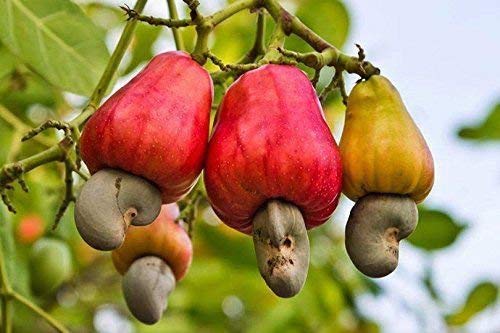
- Loroco: The loroco is used for cooking different dishes that are traditional of Salvadoran cuisine. Most people make their recipes with it and use it whichever way they please, but one of the most common forms of eating loroco is inside a pupusa (we’ll discuss the different types of pupusas a little later).
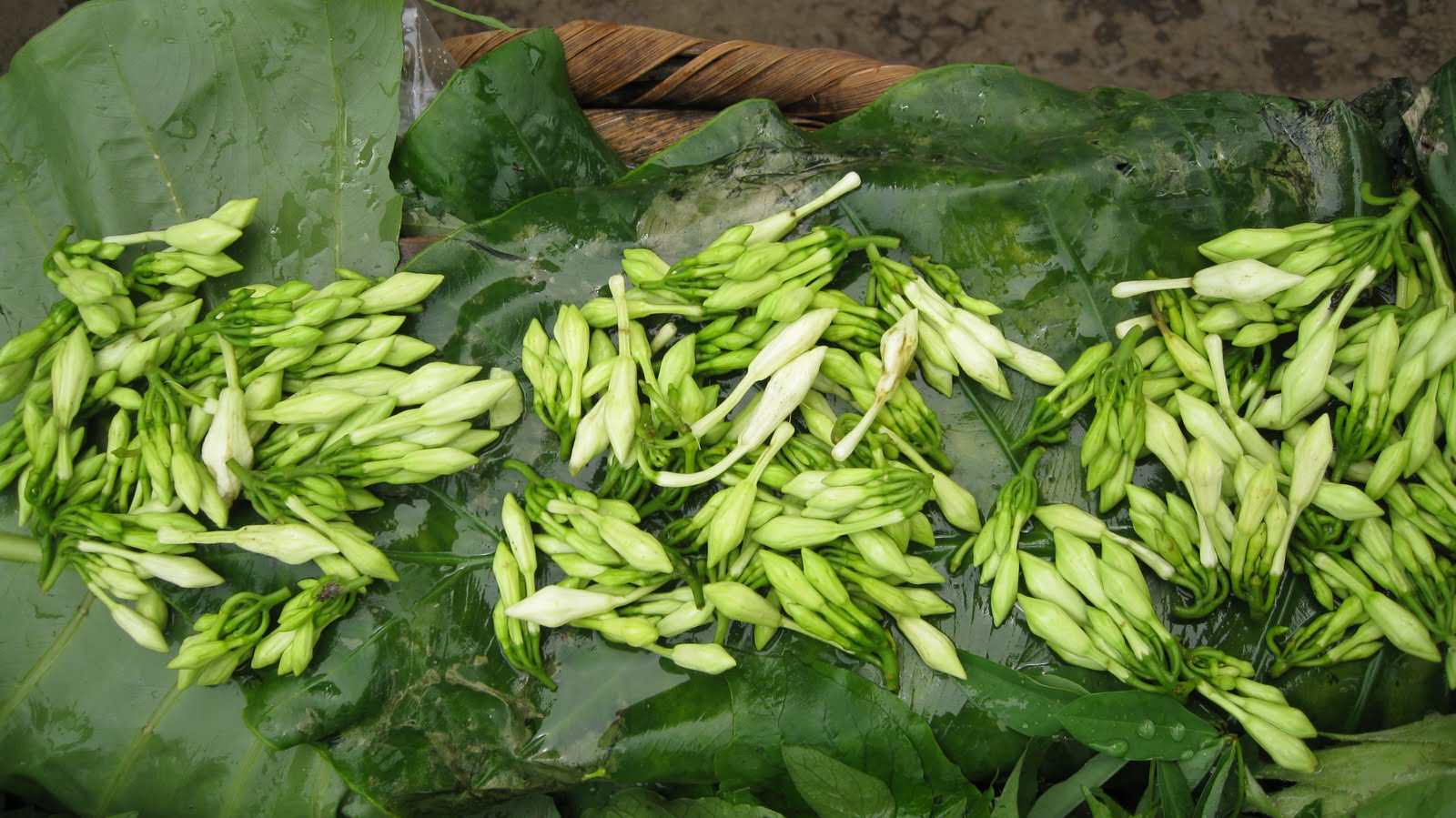
- Jocote: The jocote also belongs to the cashew family. They are round and have a very thick seed that occupied most of the inside. You eat what surrounds that seed, and it has a sweet/sour taste.
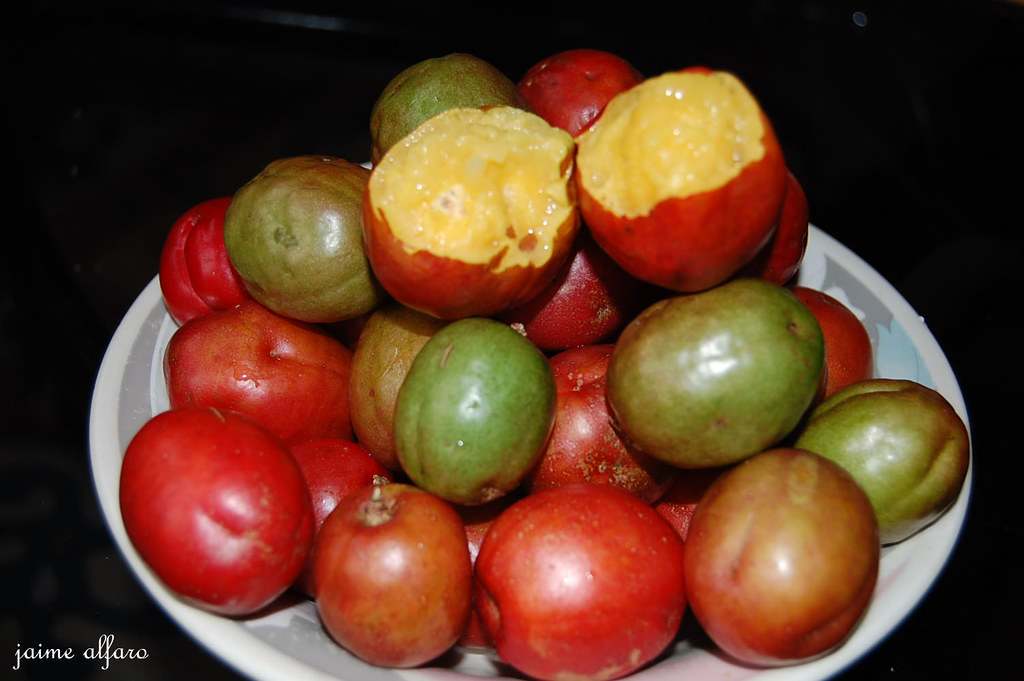
-
2. Flowers
El Salvador’s flora is also vibrant. In most countries, herbs are used for decoration or as gifts, but in El Salvador, we have another use for some flowers. We eat them! The most common edible flower is also our national flower and is called Flor de Izote.
You can easily find the flower in the market throughout the year, but especially during “Flor de Izote season,” which is from March to May. Some many dishes and recipes include the flower as a special ingredient. The same as with “the loroco,” people make up their recipes with it. Amongst these are:
- [icon name=”arrow-right” class=”” unprefixed_class=””] Tortilla made with Izote
- [icon name=”arrow-right” class=”” unprefixed_class=””] Chicken and Izote
- [icon name=”arrow-right” class=”” unprefixed_class=””] Izote crust for pizzas
- [icon name=”arrow-right” class=”” unprefixed_class=””] Izote and eggs
- [icon name=”arrow-right” class=”” unprefixed_class=””] Or by itself with tomato, onion, and butter.
-
3. Furniture and crafts
Our Mayan and Aztec culture has left us with rich traditions and ways of making unique crafts and furniture with local and, most of the time, organic materials. Most of our crafts are handmade with materials like morro (hard, cannonball-like fruit 7–10 cm diameter with a hollow inside), wood, clay, and local fabrics. Some of my favorite crafts are:
- Hammocks: They are made with colorful fabrics and patterns. You’ll rarely see a single color hammock. They are ideal to have at the beach and are hanged by a tree to help you swing back and forth.
- Añil: Añil is a blue dye obtained from different local plants. Artisans make different clothing with beautiful designs with it.

Where can you find our crafts? In mercaditos de artesanias (local markets) or in touristy towns like Ataco, Juayua, Nahuizalco and Ilobasco.
PRO TIP: Visit these little shops and markets with a local, they’ll know how to bargain and negotiate lower prices.
-
4. Beverages
El Salvador has its unique drinks. We craft our beer, which is delicious, and we also have some non-alcoholic and autochthonous drinks that date back from when our Mayan ancestors lived in our lands.
- Non-alcoholic: One of the most famous non-alcoholic beverages is Horchata. Horchata is made up of white rice soaked in water, flavored with cinnamon, and it’s sweetened with granulated sugar. Everything is minced up together in a blender and later strained to remove solids. Some versions are dairy-free while others contain milk, and some versions contain nuts or added flavor like vanilla or coconut.
Perfect for a hot summer day!
- Alcoholic:
Beer: We have several locally crafted beer, most of them currently being exported to several countries. Here are some of our favorite brands: Regia, Pilsener, Cadejo, Santo Coraje, SBC. You can find them in any grocery store or even visit our local breweries. Cadejo and SBC have several sweet spots both inside and outside the city.
Ponche or Rompope: Ponche is very similar to eggnog. It’s made up of milk, egg whites, sugar, cinnamon, and the liquor of your choosing. Perfect for a chilly night camping in the mountains.
-
5. Food
- Pupusas: They are the traditional dish from El Salvador. They are mostly made of corn and are very similar to a Colombian arepa, usually stuffed with fried beans and cheese, although there is a wide range of types to choose from. Pupusas are served with a special tomato sauce on top and curtido to the side, which is a type of lightly fermented cabbage relish. I recommend pupusas from Olocuilta, which are on your way to or from the airport. You can even make a stop and take some to go.
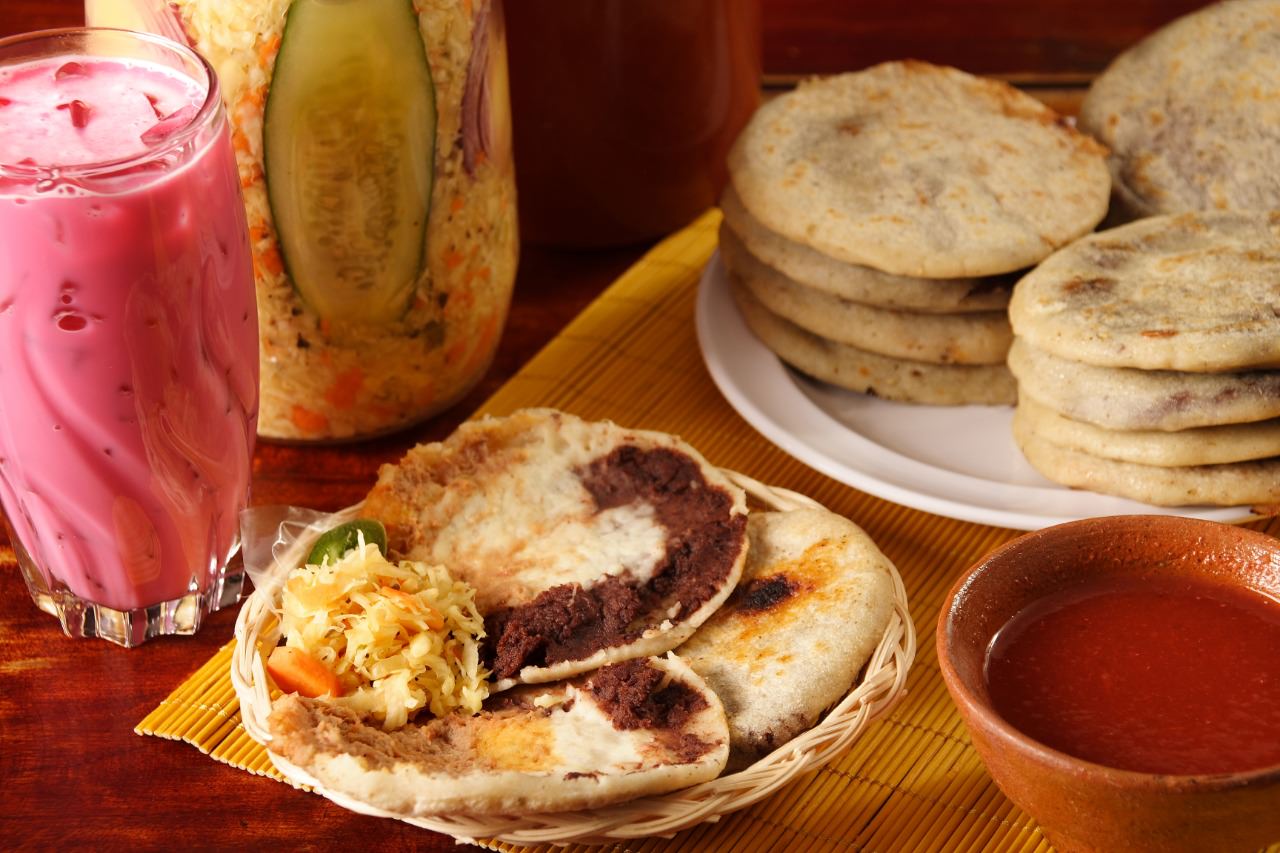
Types of pupusas: Chicharron (pork rind), cheese, cheese and beans (fried beans), loroco, ayote, and many more, some pupuserias even make shrimp pupusas. The image above is from Típicos Margoth, is a well-known restaurant in El Salvador that sells amazing traditional Salvadoran food.
- Nuegados: Most commonly known as Buñuelos, they are fried dumplings covered with a sweet sugar cane sauce.
- Empanadas: Each family has its recipe, and they are passed down from one generation to another. The most common way of making empanadas is smashing plantains and making a delicious outer dough; then, this dough will cover deep fried smashed beans. The result is platin pockets stuffed with beans.
- Tamales: As with pupusas, there are many different kinds of tamales to choose from.
Chicken, Plum (sweet tamales), Chipilin, Pisque (beans), and corn. Tamales are made from a mixture of corn dough (masa) and filling, wrapped in a banana leaf or corn husk, and then steamed.
- Yuca con chicharron: The proper translation for yuca is cassava and is a kind of sweet potato. It is served topped with pickled cabbage salad, homemade salsa, and chicharron, or pork chops.
-
6. Games
A well-known game played by kids in the small towns surrounding the capital is called Capricho. A capirucho is a small wooden hand-carved toy that is painted with different colors. It’s a bowl with a stick attached to a string. You hold the capirucho in one hand and try getting the stick into the bowl.
-
7. Snacks and Candies
El Salvador wouldn’t be the same without its delicious snacks and candies. Some of our world-renowned snacks include:
- Sweets: Salvadoran sweets are all handmade, with local ingredients and fruit. They are considered handicrafts, and they are a part of popular culture representing our country in the International Fair every August. Thanks to their material and manufacturing process, they can be preserved for up to 3 months.
- Some of the most common candies include almond candy, nance candy, the coconut, the zapotillos, donkey’s milk, bottle sweet, the tartaritas, mousse, marzipan and “drunks” marquesote and liquor, as well as the preserves and fruit jellies.
- Mangoneada: This is something you should try once in your life. Mangoneada is mango strings toped and prepared with lemon, salt, alguashte, and hot sauce.

- Minutas: Shaved ice and is perfect for our hot weather. We top them with seasonal fruit syrup, some types of jelly, or condensed milk.
-
8. National Brands
As any Salvadoran would say, we are proud that even though El Salvador is a small and poor country, we also have several local businesses and brands that have been successful over the years. These businesses have sustained the country’s economy, providing employment to many people across the country and distributing their products abroad.
Most of the following brands have existed for over 50 years now:
- Pan Lido (bakery) Founded in 1944.
- Diana (manufacturer and distributor of snacks) Founded in 1951.
- Petacones (manufacturer and distributor of cheese and dairy products) Founded in 1935.
- Tia Toya (manufacturer and distributor of traditional sweets) Founded in 1990.
-
9. Art
Fernando Llort was a world-renowned Salvadoran artist. Besides Fernando’s unique style and technique, he is also known for teaching the local artisans of La Palma, Chalatenango, on how to make a living through art.
His art is colorful and kind of childish but is unique and easily recognizable. Every Salvadoran household has at least a piece of his craft. One of his most significant pieces of art is a mural he made for San Salvador’s (El Salvador’s capital) cathedral.
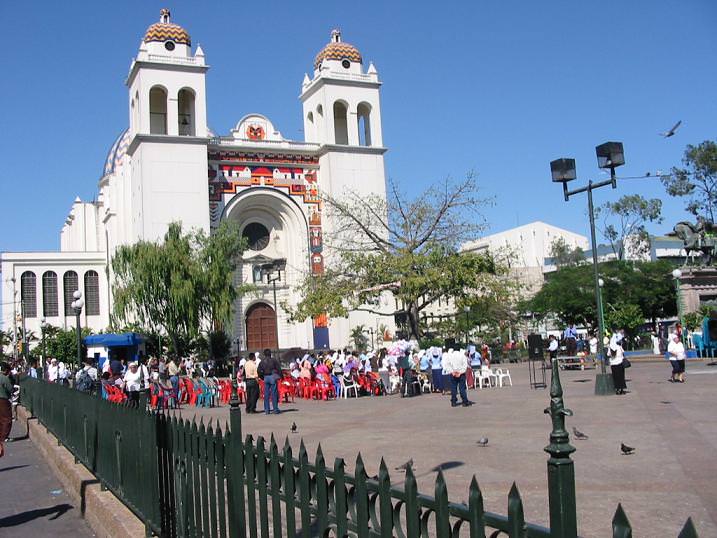
-
10. Myths and Legends
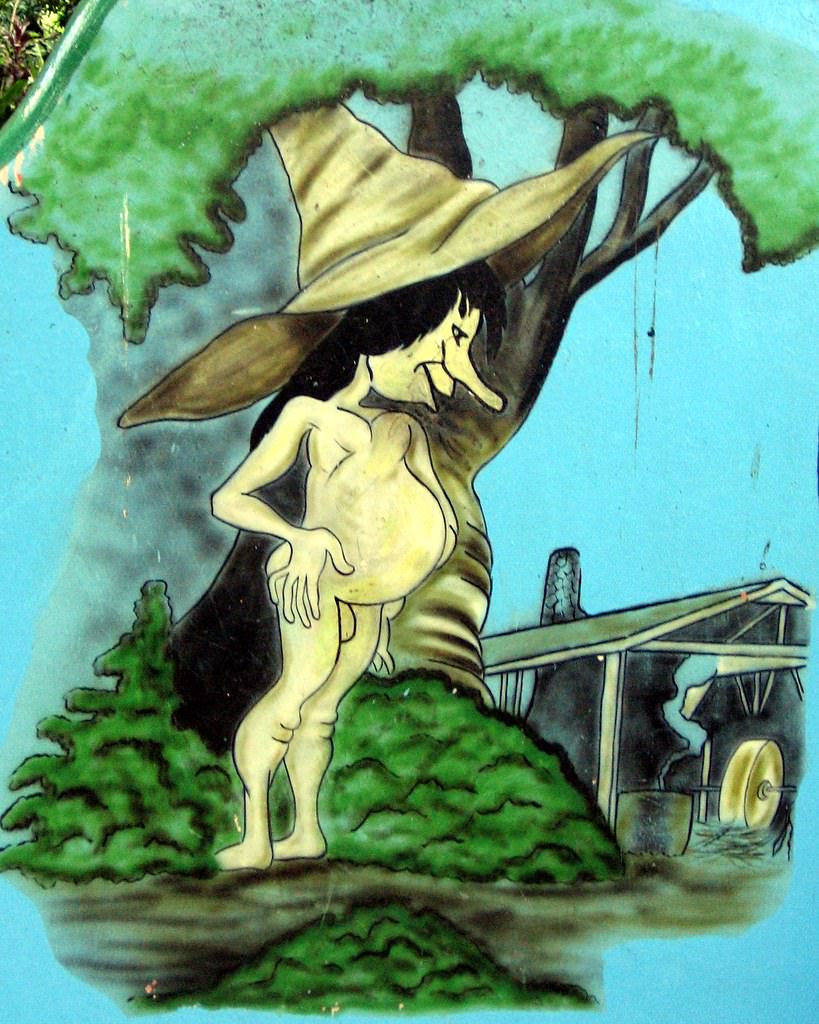
Salvadorans are also known for being a bit superstitious and believing in myths and legends. One of the most recognized myths is the “Story of El Cipitio.” His name originated from the Nahuatl word used to refer to children; the Cipitio happens to be the illegitimate son of the infamous Siguanaba. Cipitio’s mother was condemned to forever wander Earth while he was sentenced to eternal youth.
El Cipitio is not a threatening spirit but is instead known for being mischievous. He is dressed rather shabbily, and has a big hat and a beer belly! His large, bare feet face backward, so nobody can find him when they try to follow his footprints. He is harmless but very obnoxious and known for bothering young girls.
-
11. Medicine and Homemade Remedies
Salvadoran people are well-known for their homemade remedies and medicines. Most medicines were unavailable for most people in the early 1900’s; they had to make their remedies to survive.
Amongst one of the remedies that still live on, and is commonly used to treat joint and muscle pain is Mariguanol. Mariguanol is a cream made of marihuana, and it is because of this reason that you won’t be able to find it in most pharmacies. If you’re ever in pain, you can get Mariguanol in local stores.
-
12. Groundbreaking Technology

Download Walkway, a free extension for Google Chrome. Enjoy photographs of El Salvador, taken by national photographers, every time you open a new tab. Walkway was released on December 21, 2019, and has been slowly gaining popularity in the region. Walk is currently developing Walkway Version 2.0 that includes new features set to be released by the end of March 2020.
Walkway is perfect for locals, any Salvadoran living abroad, and tourists in love with El Salvador.
Enjoy iconic and gorgeous locations from the corners of El Salvador, uniquely created and hand-selected, every time you open a new tab in your browser.
Well, those are the top 12 unique Salvadoran products made in El Salvador. What do you think about this list of Salvadoran products? Do you agree with us? Let me know how you feel about all of this in the comment section below, as well as any other ones you’d have added to the list.
With everything that’s going on in the world right now, I hope that you are well, and you are treating yourself as kindly as you possibly can. Advice from me to you, take a step back, realize what you can and can’t control and figure out where your energy is best spent. Don’t drive yourself crazy by throwing yourself at things that you have no actual impact over.
If you liked this article, go check out my Instagram, Twitter, and Linkedin page. It’ll be great to see you over there at some point in time; I’m regularly posting content on remote work, inbound marketing, and business.
Oh, and one last thing, for more about El Salvador, be sure to follow Walk on Facebook, Instagram, or Twitter! We’ll be posting updates on new content coming fresh to you every week.

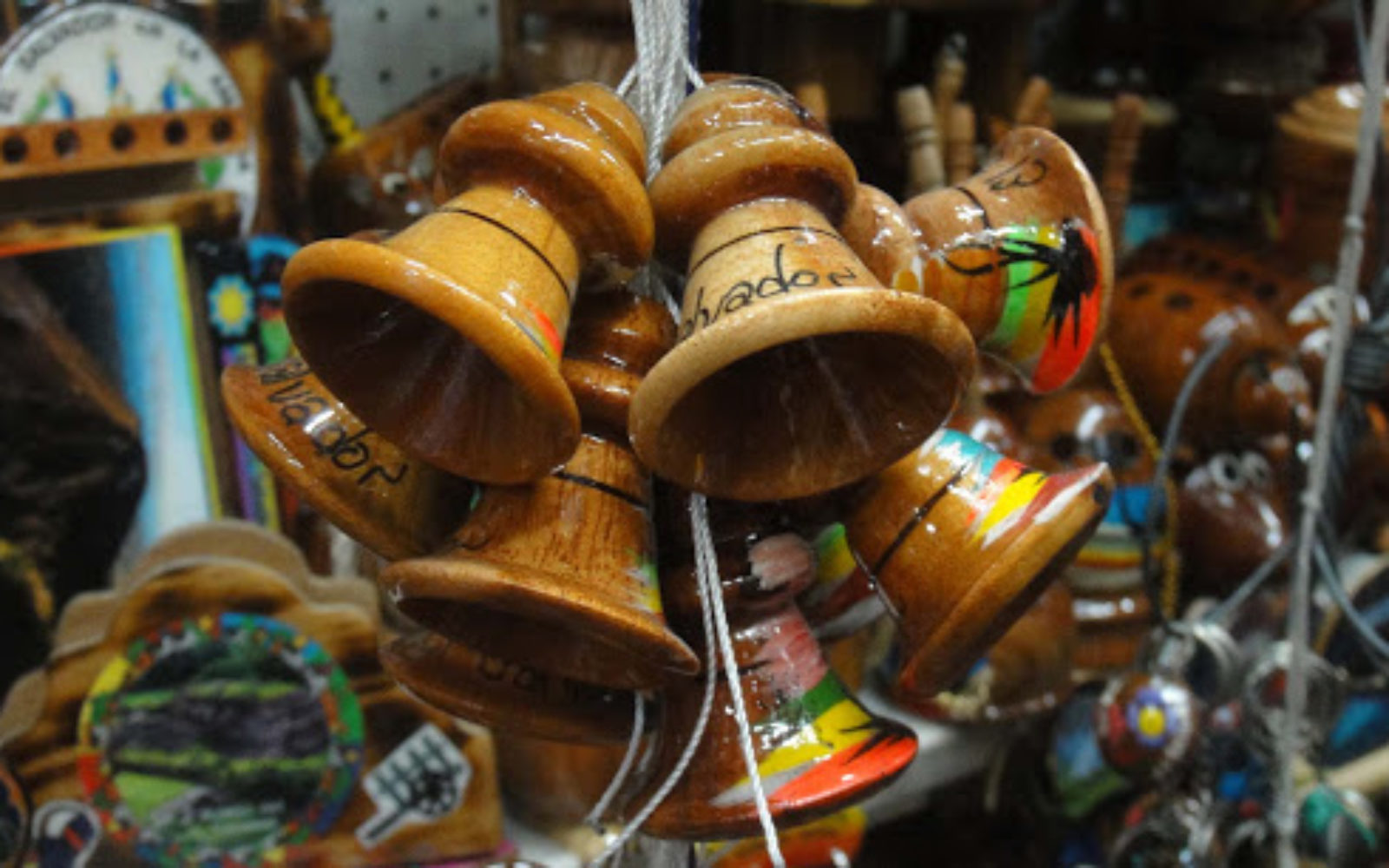
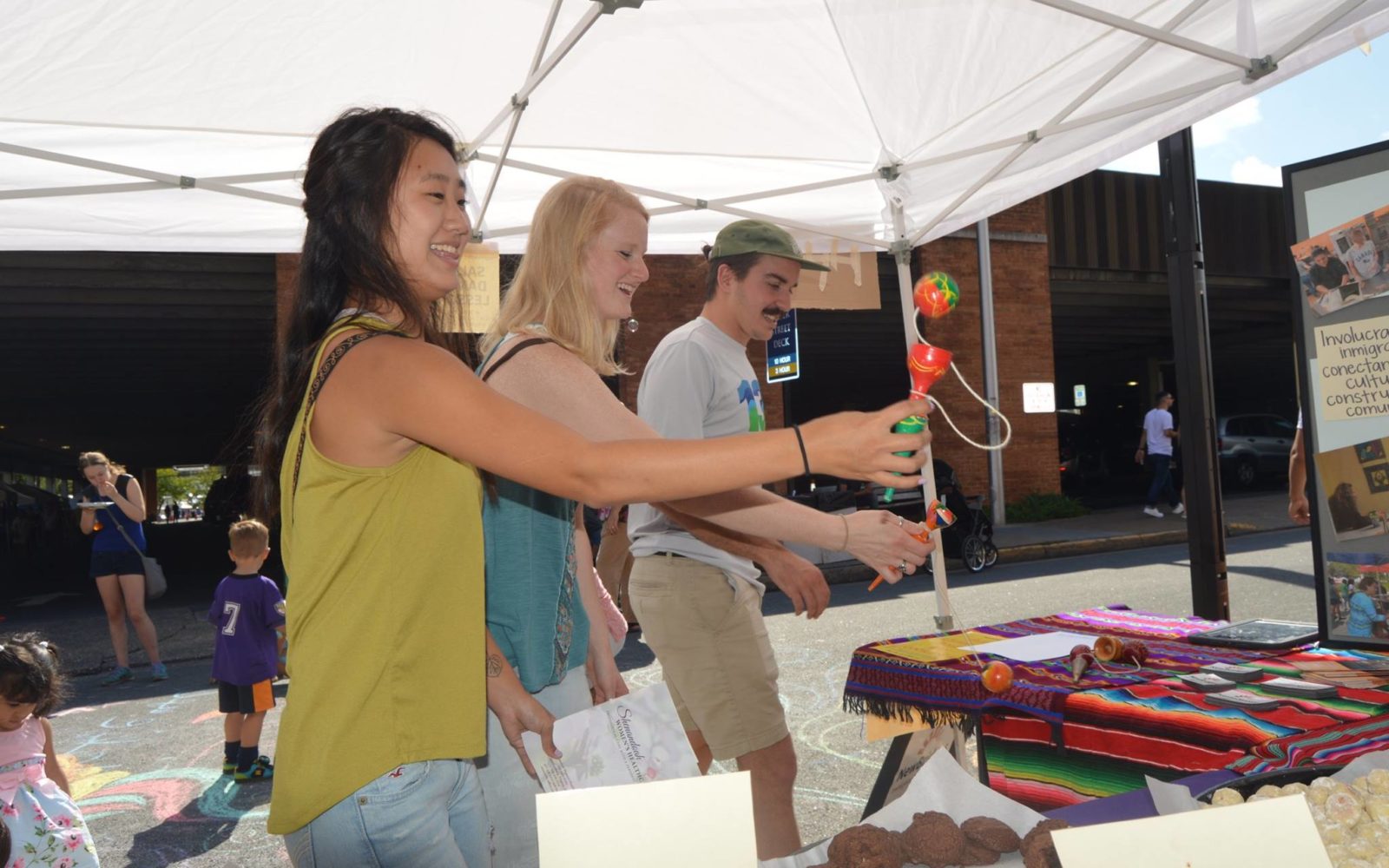
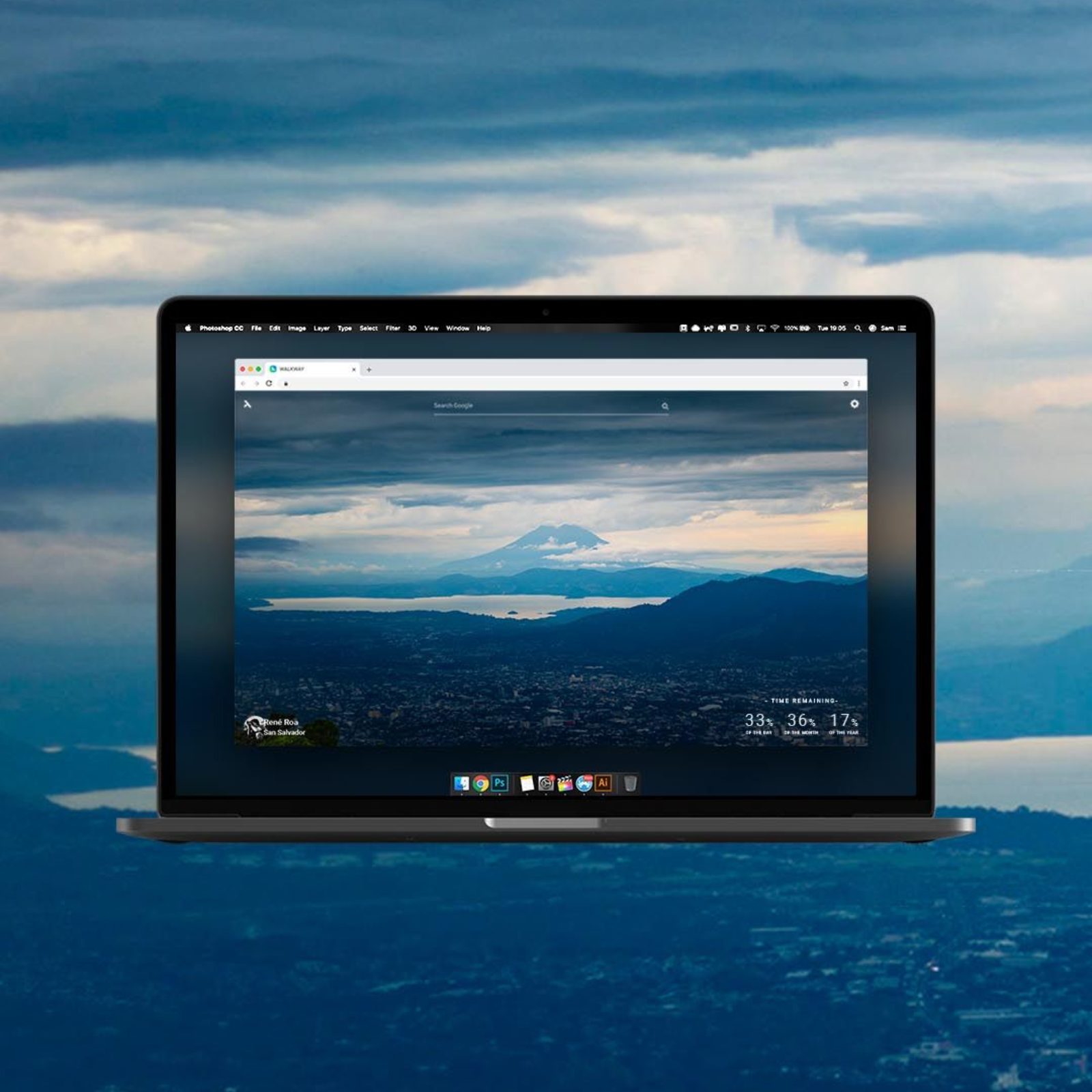
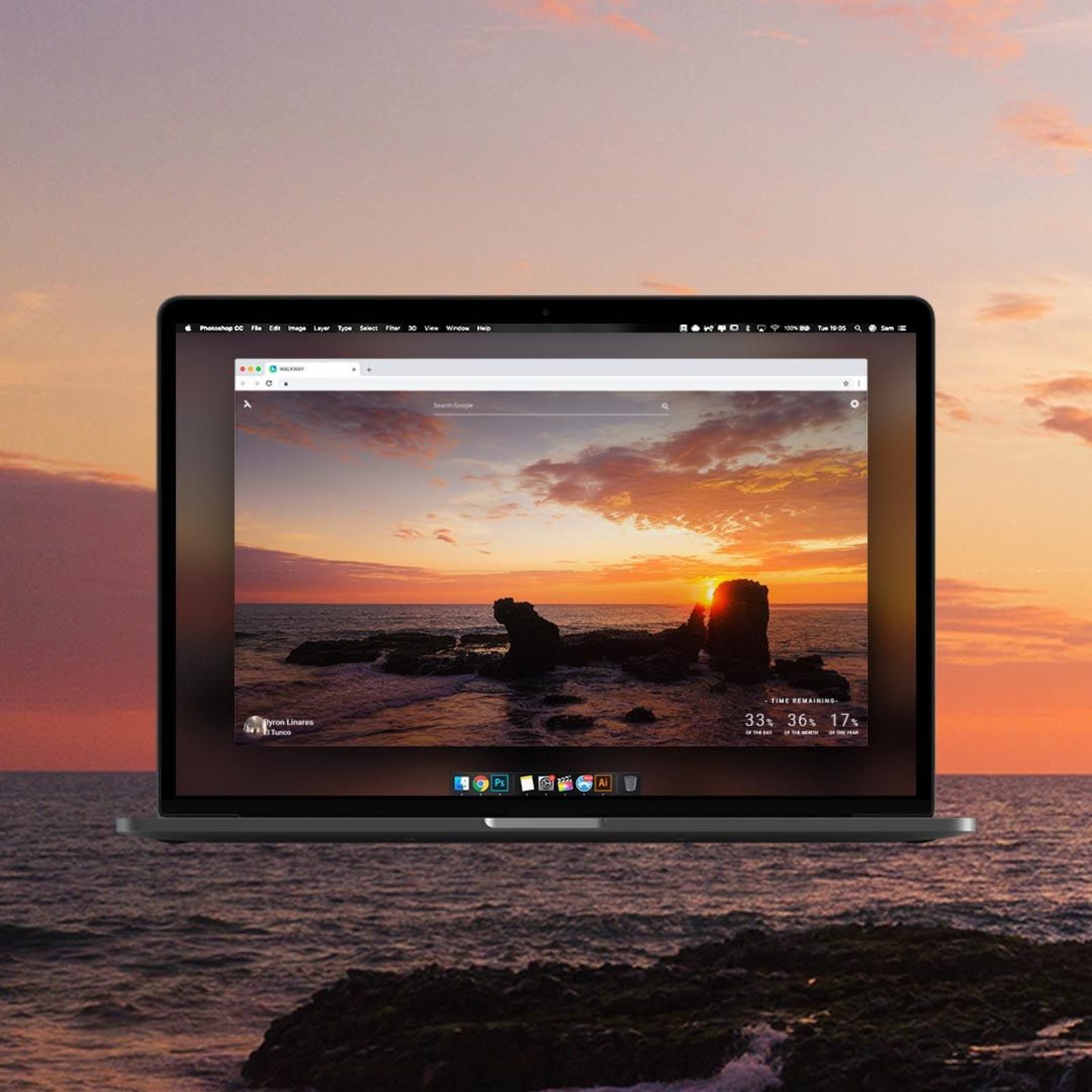
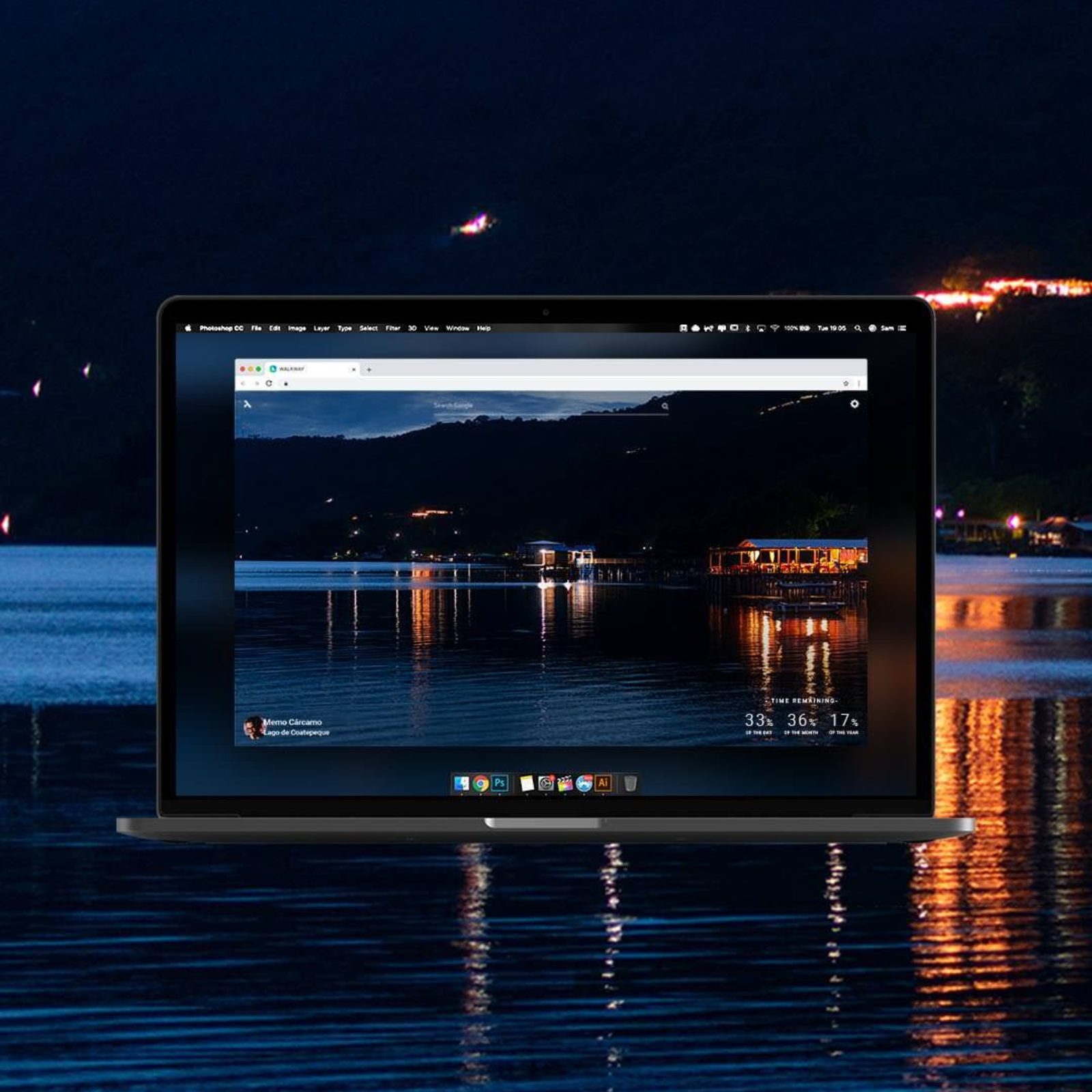

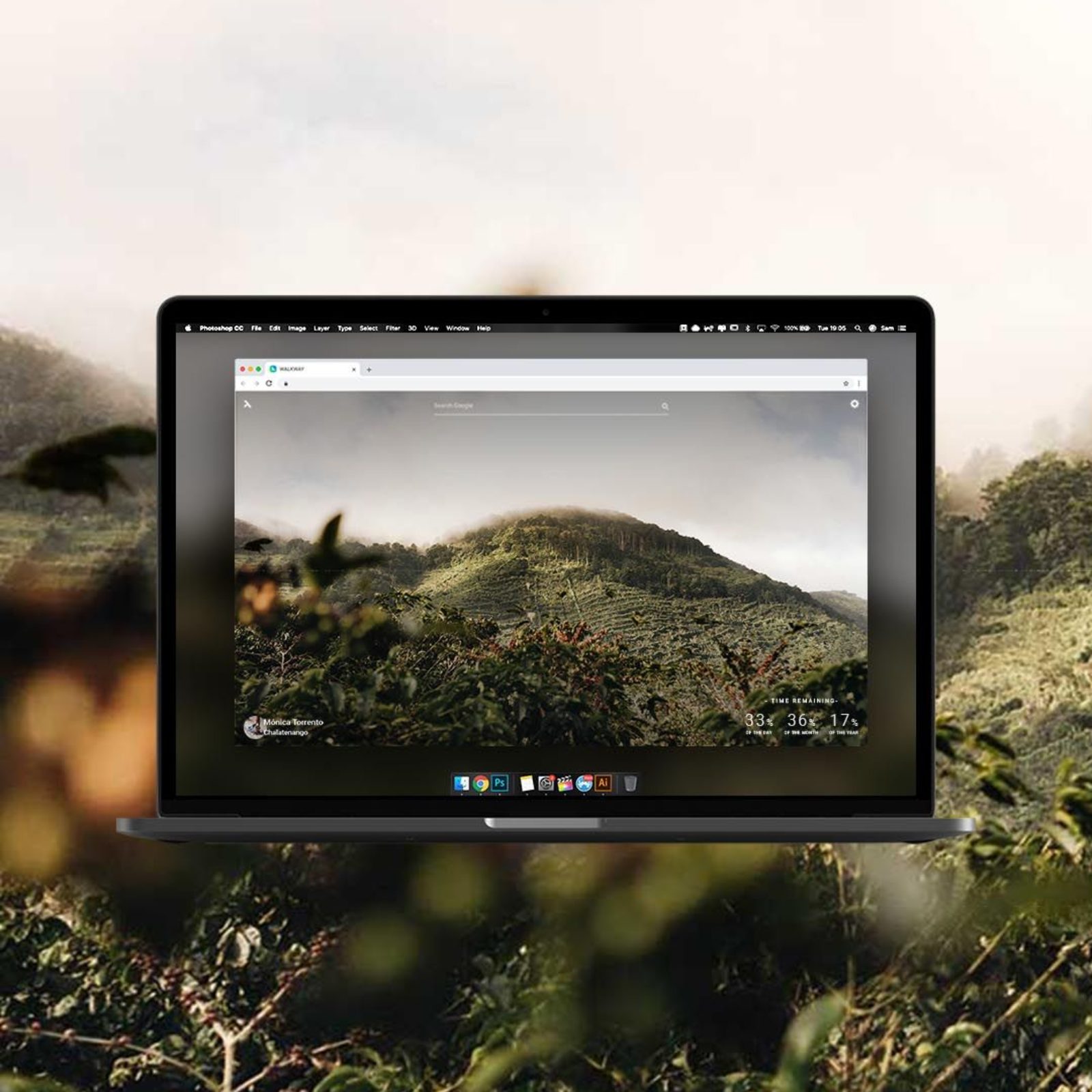
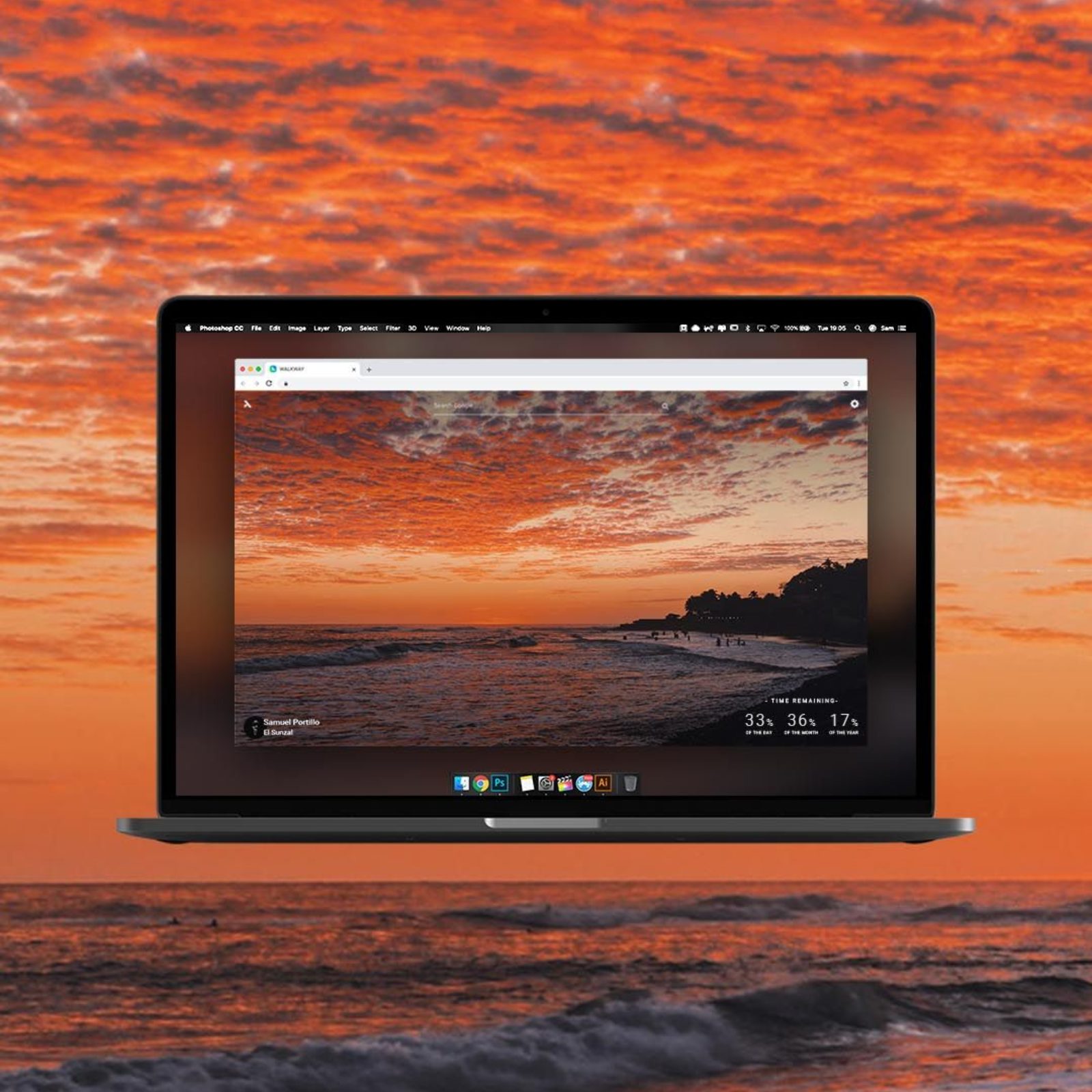
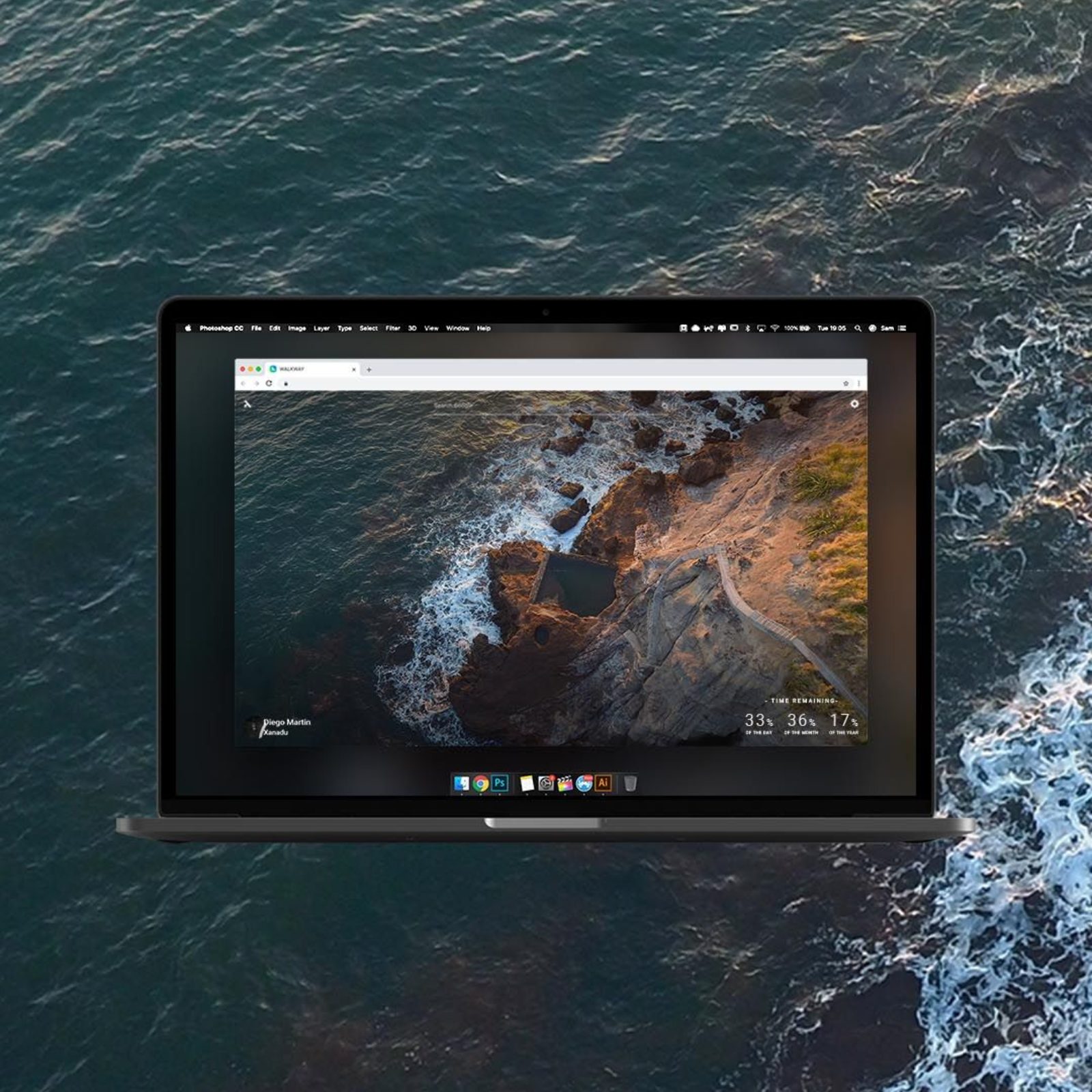
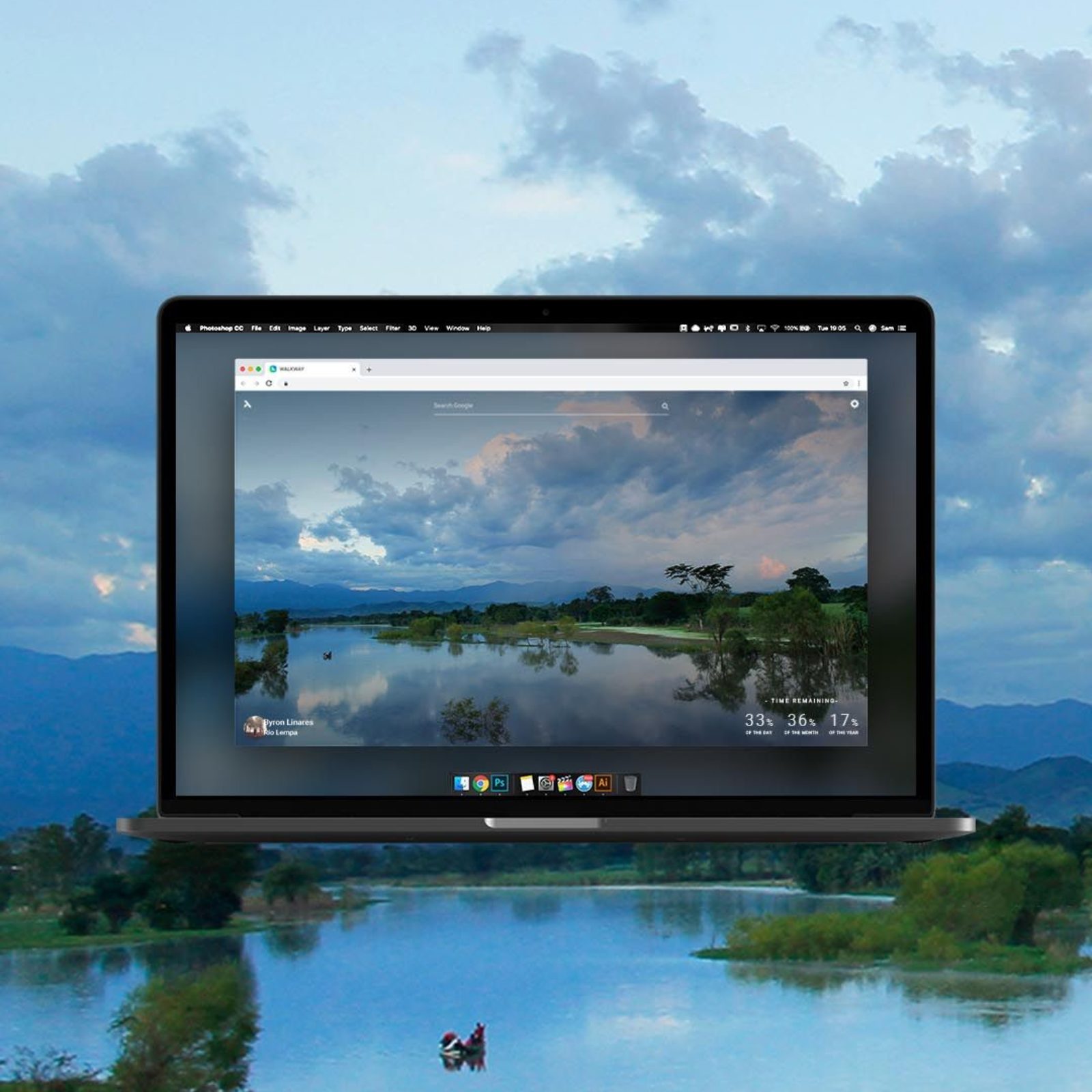
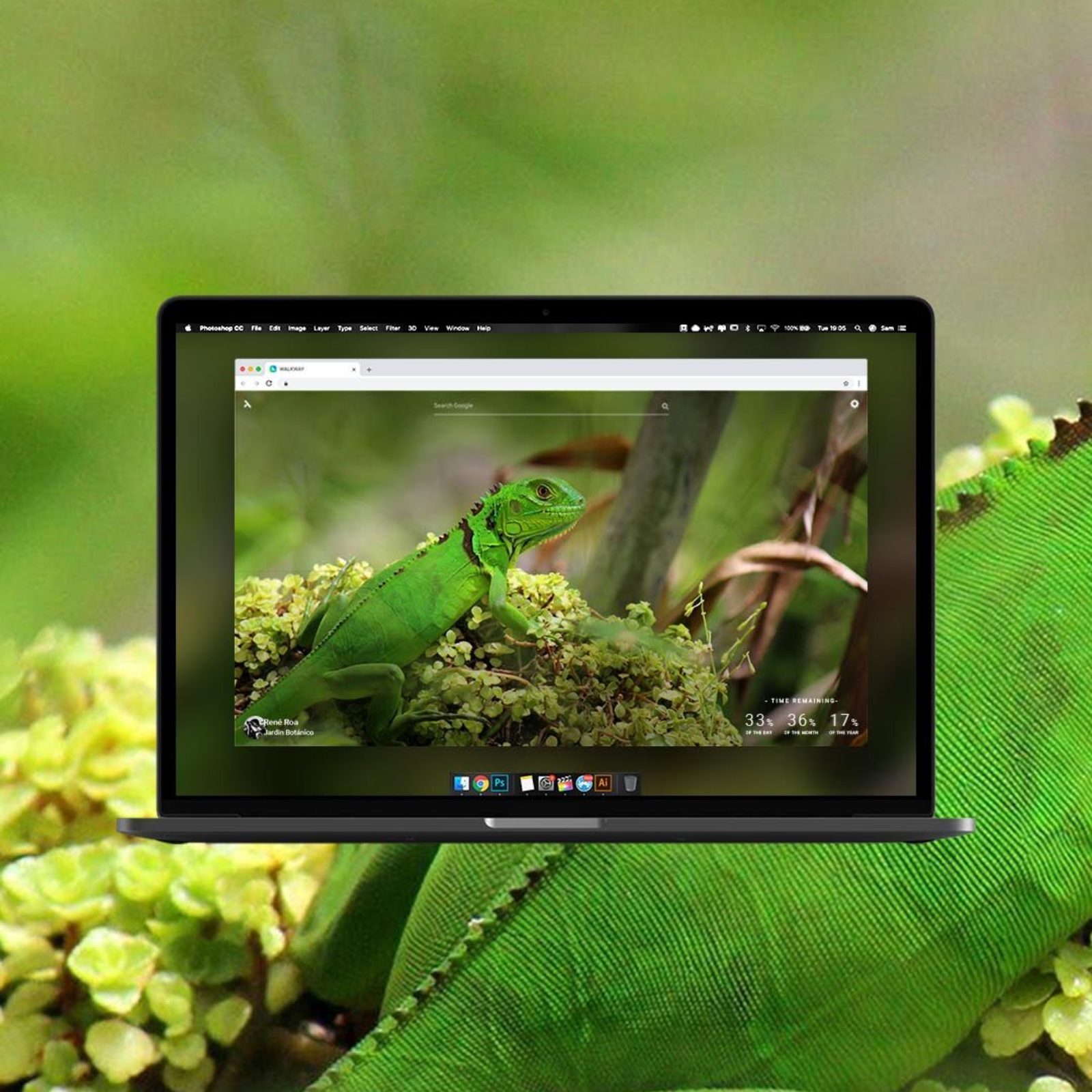
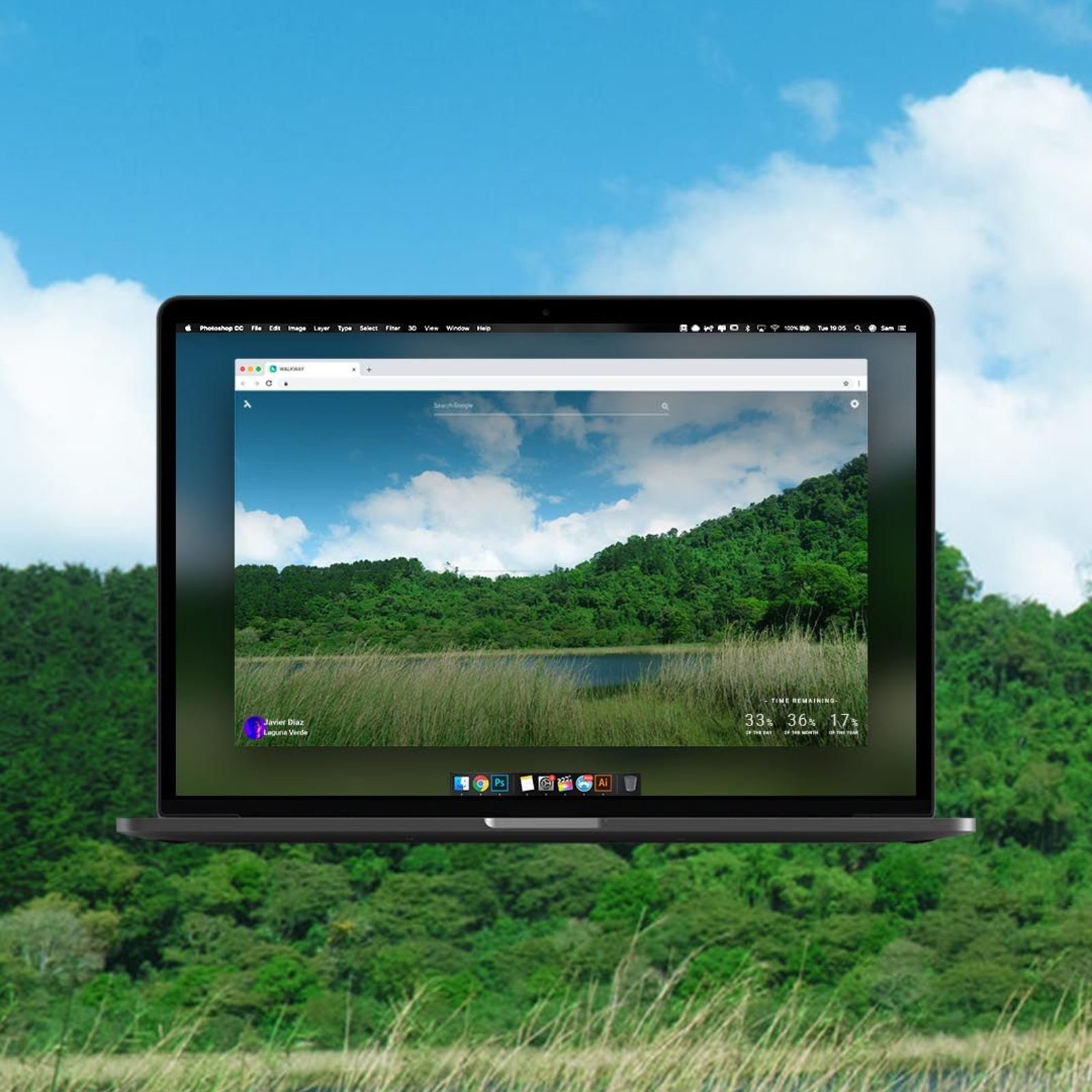
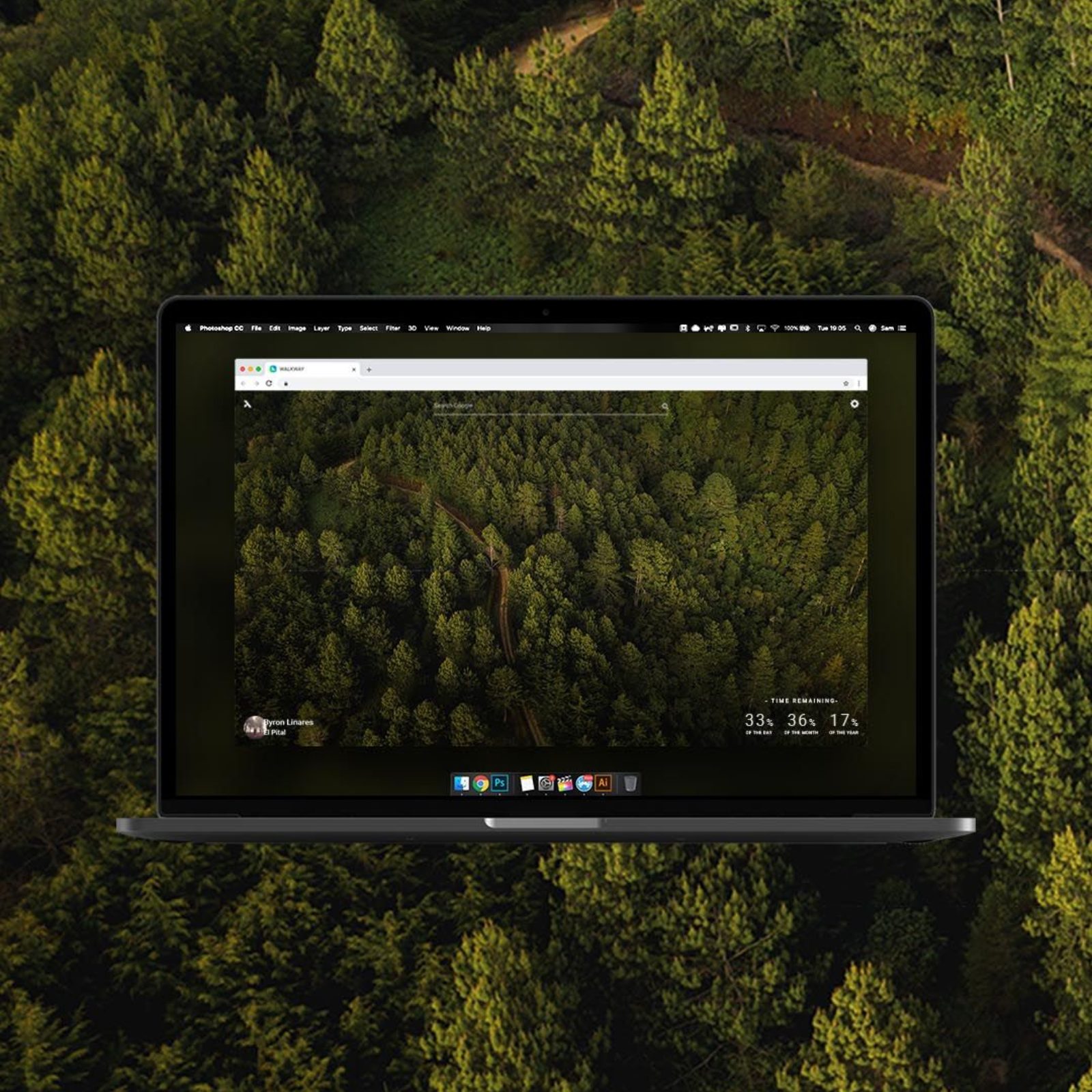
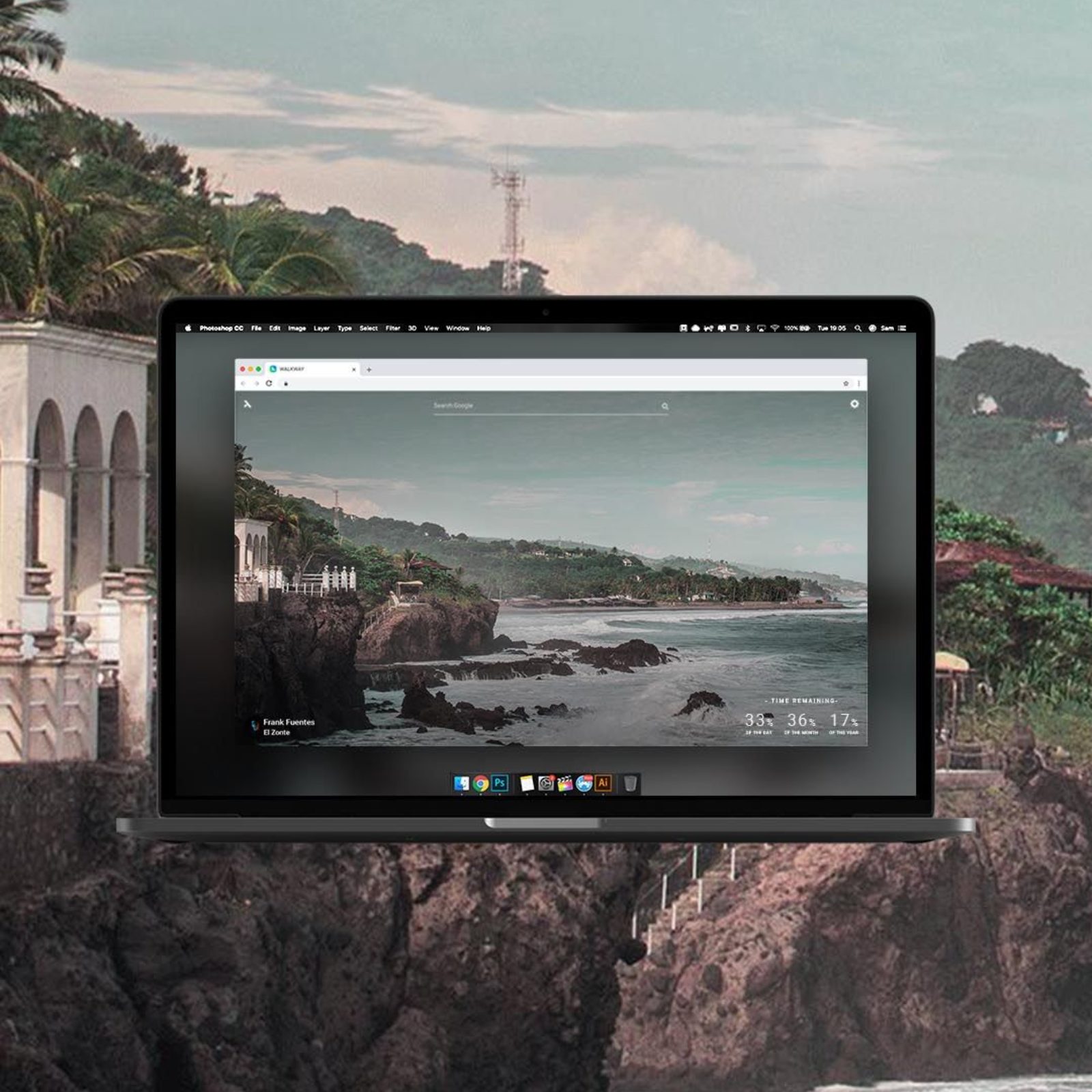

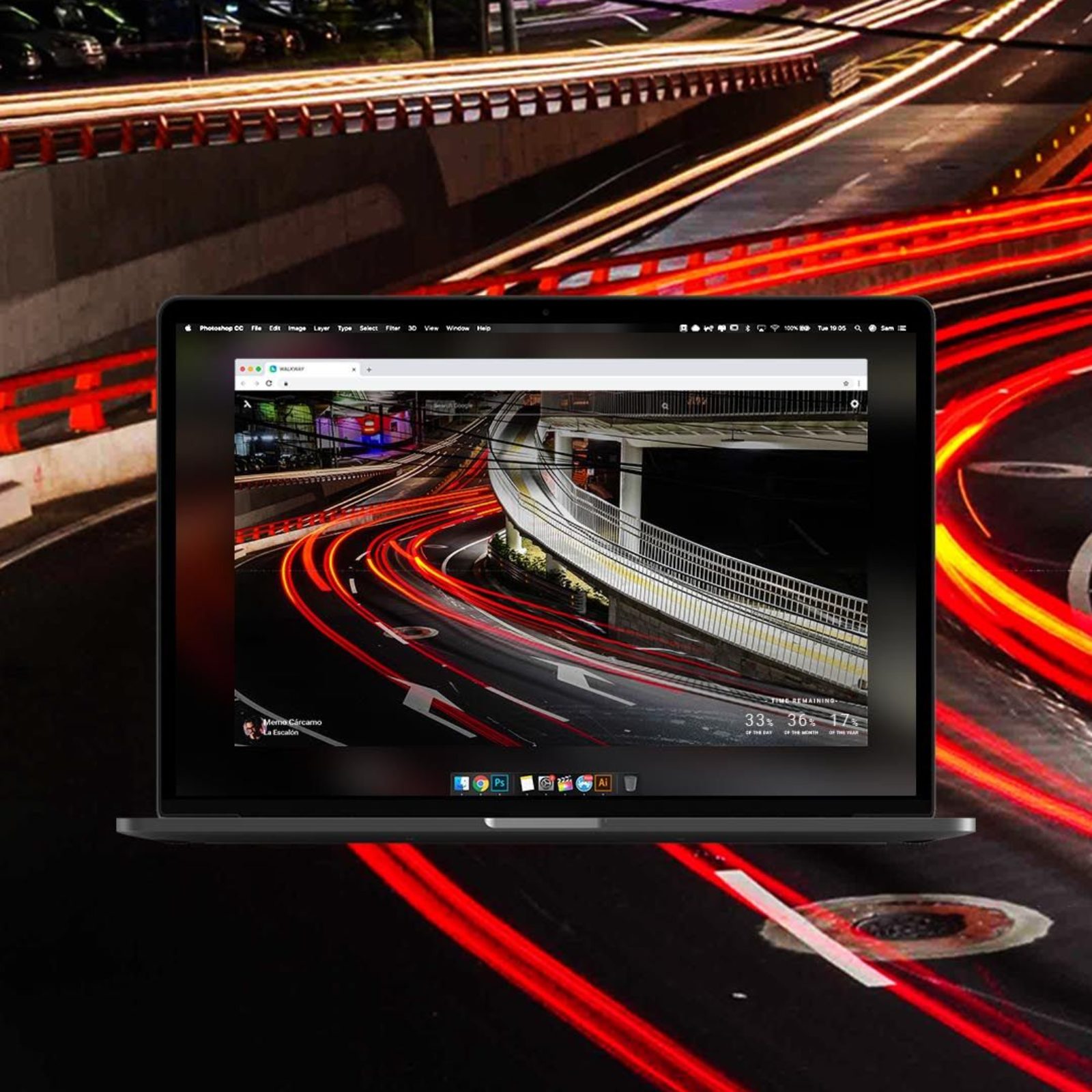




3 Responses
Muy Bien Alvaro, excelente informacion.
Muchas gracias! Bendiciones
metal gear solid en revision de concierto